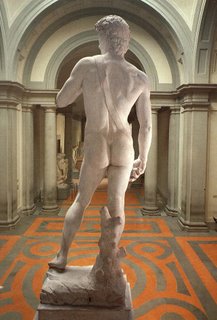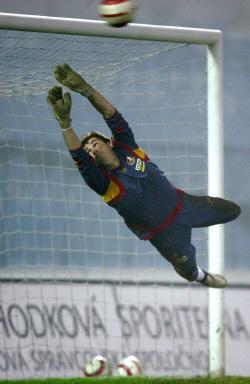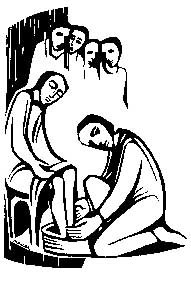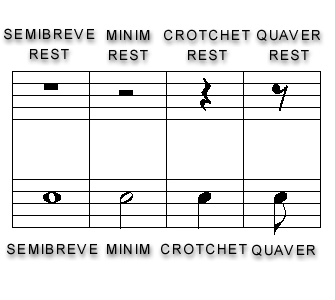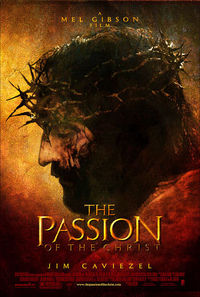
As many of you know, our Bethany Community is in the midst of making our final decision regarding whether to break ground on a
new facility. Big decisions like this are always opportune, because, as I shared yesterday from Joshua 13 and 14, the raw data is never an adequate basis for decision making. We need to hear from God.
Anytime I say or write the phrase, "hear from God", I get nervous. The present meltdown in Iraq is happening because both sides claim to have 'heard from God'. The World Cup has been censored in Somalia because the Muslim rebels, having killed thousands to take power, claim to have heard from God. Witch hunts were carried out at the hands of those who have heard from God.
So I know that 'hearing from God' is dangerous. But so is sex - so is money - so are automobiles. The danger of abuse doesn't negate the reality: We need to hear from God regarding many things in our lives. So then, the question becomes, "How can I know that it's God talking?"
That answer, I believe, is found some of the principles articulated in
Psalm 25. It's here that we see several important things:
1. the one who
fears the Lord is the one who will be instructed by God in the way he/she should choose. Fear in this context means acknowledging the reality of God in the universe and in our lives. Those who fear the Lord recognize that He intervenes in history, that the universe isn't a closed system of cause and effect, that nations are in God's hands, as are our individual lives. Recognizing these realities somehow fosters humility, and this humility becomes the soil in which God's voice is heard and his will discerned. That's why, when one hears the arrogance of fundamentalists (of all stripes), and the will to power exercised in God's name, one knows that God isn't the real operative force behind the movement, no matter what is being shouted. Where God's will is - the spirit of Jesus reigns. Such a spirit will not carry a sword, will not kill, will not oppress.
2. to the extent that our
eyes are turned toward the Lord, the promise is that he will be a source of protection from us. It's important to understand that this protection isn't physical or material. There are no promises offered that God's will enables us to remain in a place of prosperity, health, or freedom. Rather, the protection offered has to do with God's promise that those who look to Him, will continue, increasingly, to manifest His character - come what may. We are protected, in other words, from a meltdown of the spirit.
If these promises are true, then it's vital to cultivate the fear of the Lord, and to develop the
habits and disciplines that enable us to turn our hearts toward Christ continually.
Big decisions, then, become times in our lives to assess the posture of our heart and our spiritual practices, because these things are vital if we are to hear the voice of our Lord and move into the future He has for us.
 The best times for me to have any extended reading or study moments is when I travel to teach, and this week I’ve been two hours north of Toronto, teaching 350 college students, who will, beginning Saturday, constitute the staff of a marvelous sports camp. As I’m writing the sun is setting through my cabin window, a cabin which looks out on a large lake. When it gets dark the loons will come out and serenade, and the stars will be infinitely visible tonight because it’s dark and clear.
The best times for me to have any extended reading or study moments is when I travel to teach, and this week I’ve been two hours north of Toronto, teaching 350 college students, who will, beginning Saturday, constitute the staff of a marvelous sports camp. As I’m writing the sun is setting through my cabin window, a cabin which looks out on a large lake. When it gets dark the loons will come out and serenade, and the stars will be infinitely visible tonight because it’s dark and clear. 
